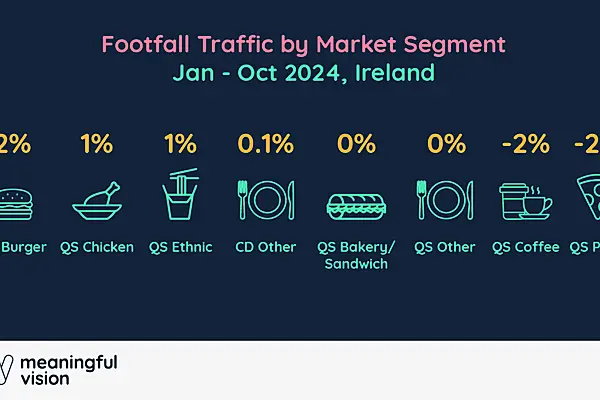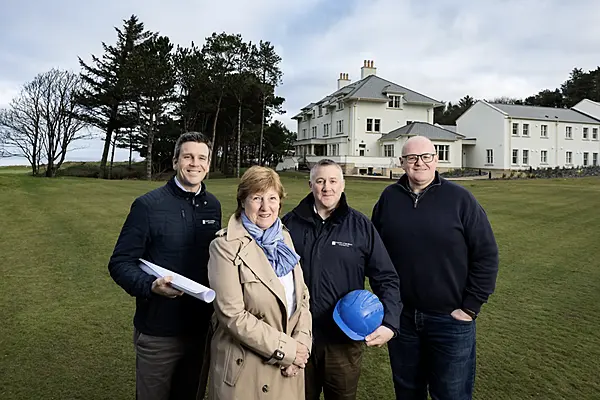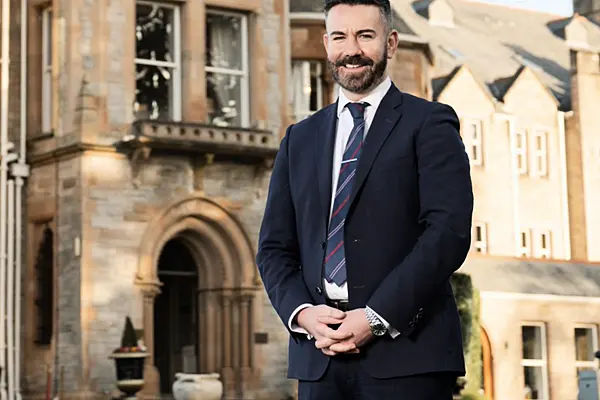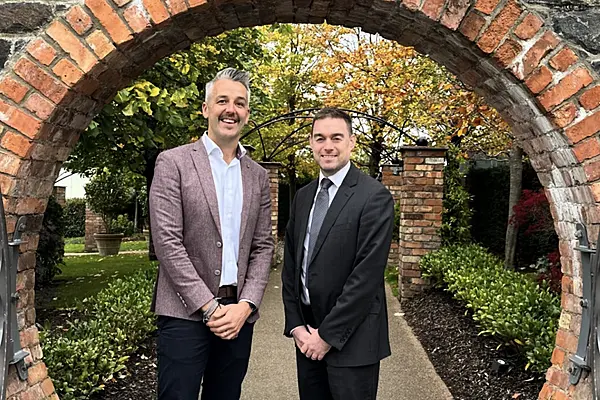Dublin Airport has been formally designated a carbon neutral airport by the global Airport Carbon Accreditation programme.
The global Airport Carbon Accreditation programme is a global carbon management certification programme for airports that independently assesses and recognises the efforts of airports to manage and reduce their carbon emissions.
Dublin Airport is the first airport in Ireland to achieve carbon neutral status and has done so following a programme of activities to reduce and offset its carbon emissions in recent years.
The airport reduced its carbon footprint by 12% between 2018 and 2019, and reduced its overall carbon emissions by 25% between 2013 and 2019.
In 2019, Dublin Airport had reduced its energy consumption levels by 48% compared to the average consumption levels in 2006-2008.
The use of building management systems, the installation of efficient LED lighting, a pilot solar farm project and a range of other measures have helped the airport to reduce its overall energy consumption.
The airport's Airport Carbon Accreditation programme accreditation was based on data from 2019.
"Committed To Minimising Its Impacts On The Environment"
In a statement published on Dublin Airport's website, Dublin Airport managing director Vincent Harrison said, "Dublin Airport is committed to minimising its impact on the environment, and achieving carbon neutrality is a hugely important milestone on that journey. We have been working tirelessly to reduce the amount of energy that we use at the airport for many years and are very pleased with the formal recognition of carbon neutral status. But carbon neutrality is not enough. We must go significantly further, and we are dedicated to doing that. We plan to reduce our overall energy consumption by a further 30% by 2030 and we're committed to becoming net zero for our carbon emissions by 2050 at the latest."
Dublin Airport committed to net zero carbon by 2050 last year along with almost 200 other European airports.
The deadline of 2050 was aligned with the decarbonisation strategy set out by the European Commission and adopted by the Council of the European Union.
Dublin Airport's future plans include using only low emission vehicles (LEV) in its light vehicle fleet by 2024 and building a second solar farm on campus, with the potential to generate up to 7.5 megawatts of power.
© 2021 Hospitality Ireland – your source for the latest industry news. Article by Dave Simpson. Click subscribe to sign up for the Hospitality Ireland print edition.









